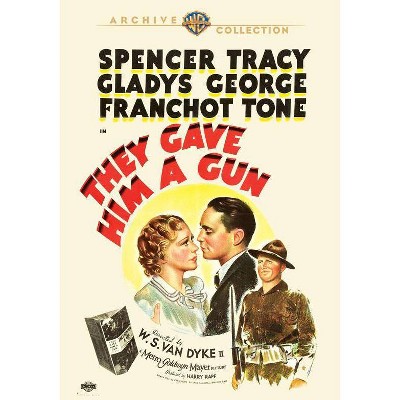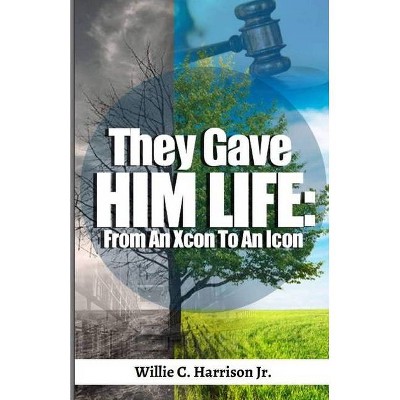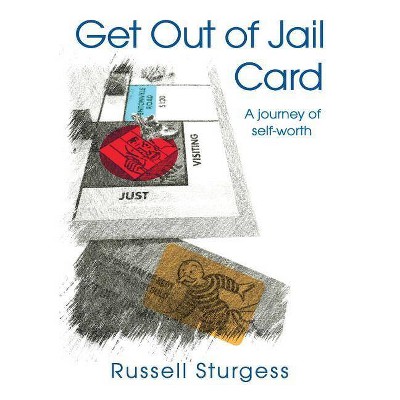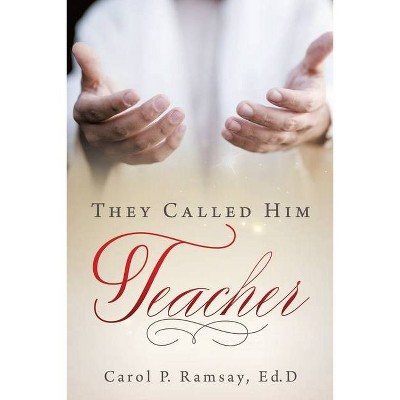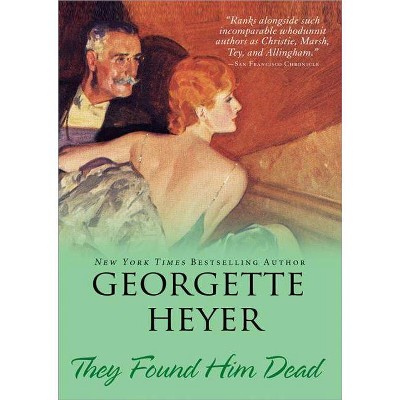They Stole Him Out of Jail - by William B Gravely (Hardcover)
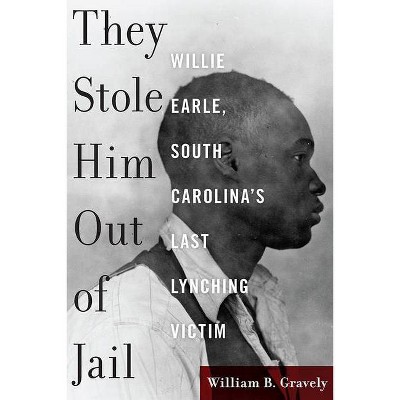
Similar Products
Products of same category from the store
AllProduct info
<p/><br></br><p><b> About the Book </b></p></br></br>This book is a compelling reminder not only of past traumas but of how far South Carolina and the country has yet to go.<p/><br></br><p><b> Book Synopsis </b></p></br></br><p>Before daybreak on February 17, 1947, twenty-four-year-old Willie Earle, an African American man arrested for the murder of a Greenville, South Carolina, taxi driver named T. W. Brown, was abducted from his jail cell by a mob, and then beaten, stabbed, and shot to death. An investigation produced thirty-one suspects, most of them cabbies seeking revenge for one of their own. The police and FBI obtained twenty-six confessions, but, after a nine-day trial in May that attracted national press attention, the defendants were acquitted by an all-white jury.</p><p>In <i>They Stole Him Out of Jail</i>, William B. Gravely presents the most comprehensive account of the Earle lynching ever written, exploring it from background to aftermath and from multiple perspectives. Among his sources are contemporary press accounts (there was no trial transcript), extensive interviews and archival documents, and the Greenville notebook kept by Rebecca West, the well-known British writer who covered the trial for the New Yorker magazine. Gravely meticulously re-creates the case's details, analyzing the flaws in the investigation and prosecution that led in part to the acquittals. Vivid portraits emerge of key figures in the story, including both Earle and Brown, Solicitor Robert T. Ashmore, Governor Strom Thurmond, and West, whose article Opera in Greenville is masterful journalism but marred by errors owing to her short stay in the area. Gravely also probes problems with memory that resulted in varying interpretations of Willie Earle's character and conflicting narratives about the lynching itself.</p><p>Although the verdict was in many ways a victory for white supremacy during the waning years of Jim Crow, it still drew unprecedented public attention to the horrors of lynching, and no similar event has occurred in the state since. Yet, more than seventy years later, the crisis in criminal justice--especially as it pertains to African Americans, who are incarcerated at far higher rates than whites--remains a national challenge. This book is a compelling reminder not only of past traumas but of how far South Carolina and the country has yet to go.</p><p/><br></br><p><b> Review Quotes </b></p></br></br><br><p>Gravely's work is an impressive and all-encompassing account of a painful episode in South Carolina's history.</p>-- "The Journal of African American History"<br><br><p>Gravely's writing is engaging and lyrical... The reader will come away with a clearer understanding of how Jim Crow, judicial competition, white supremacy, and corruption prevented the enforcement of rights for African Americans against lynching in the South. This work ties local history in South Carolina to the national and regional racial movements of the time, making it important for both historians and interested casual readers.</p>-- "Journal of Southern History"<br><br><p>This book is an important read not only because it covers a crucial part in South Carolina's racial history, but also because it is vital to learn how lynching was used as a brutal tool to keep white supremacy in power... In light of today's protests on police brutality and calls for criminal justice reform, this book serves as a stark reminder of how far we've come in our justice system in the treatment of black people and how much farther we still need to go.</p>-- "South Carolina Libraries"<br><br><p>...should be a required textbook for any college course on Southern history. There would be no better book for understanding Southern culture and how we have struggled with humanitarian progress in law enforcement, religious understandings regarding integration and civil rights for all the different peoples of the South.</p>-- "Pickens County Courier"<br><br><p><i>They Stole Him Out of Jail </i>is a welcome addition to the growing list of detailed case studies of individual lynching incidents that remain a disturbing blemish on the history of the American South, and, more broadly, the entire nation.</p>-- "The Journal of American History"<br><br><p><i>They Stole Him Out of Jail</i> reminds readers that the history of lynching and racial violence in the United States is not a closed book, but an ever-relevant story, and that the historian's job is to continually engage with these legacies as they continue to be relevant.</p>-- "Criminal Law and Criminal Justice Books"<br><p/><br></br><p><b> About the Author </b></p></br></br><p>William B. Gravely, professor emeritus at the University of Denver, is the author of <i>Gilbert Haven, Methodist Abolitionist, </i> as well as numerous articles on religion and social change. He is a native of Pickens County, South Carolina, where the murder of T. W. Brown occurred and where Willie Earle was jailed before his abduction.
Price History
Cheapest price in the interval: 19.79 on March 10, 2021
Most expensive price in the interval: 24.99 on December 20, 2021
Price Archive shows prices from various stores, lets you see history and find the cheapest. There is no actual sale on the website. For all support, inquiry and suggestion messages communication@pricearchive.us

